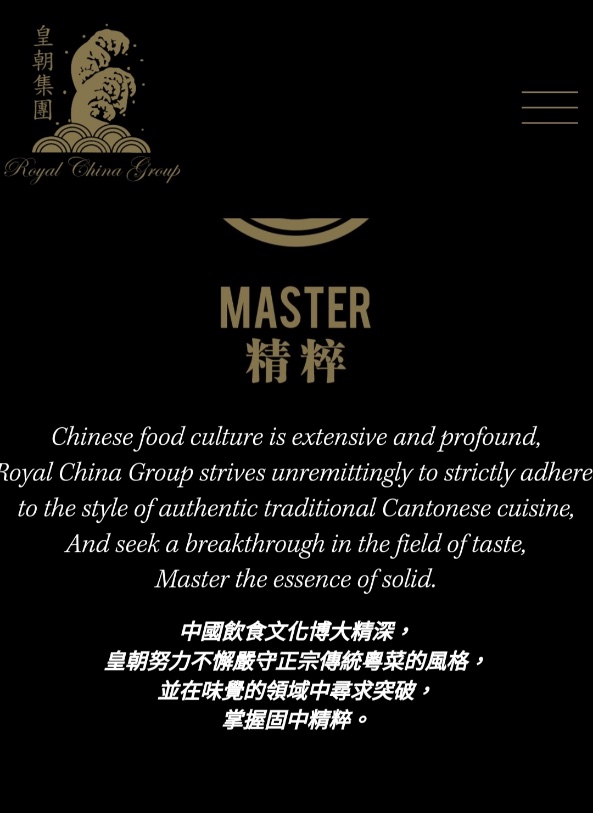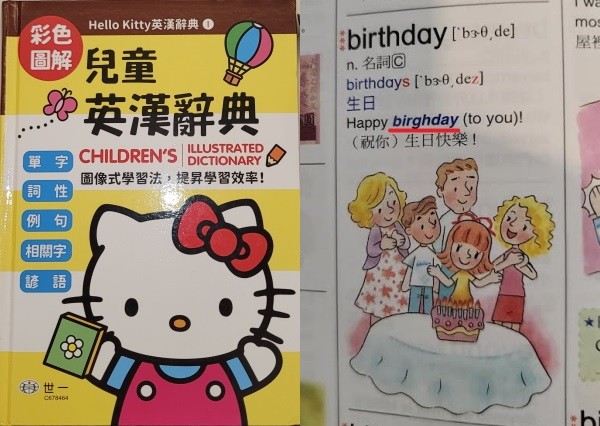Corporeal grammar
Recent article in Scientific American:
This Ancient Language Has the Only Grammar Based Entirely on the Human Body
An endangered language family suggests that early humans used their bodies as a model for reality
By Anvita Abbi on June 1, 2023
From just a small handful of Andaman Islanders, the last speakers of their languages, Anvita Abbi was able to piece together what she believes to be the basic principles of their grammar. What she found was astonishing. Keep your antennae up and out, however, because her article begins with the much debunked story of how thousands of the indigenous people escaped death when the devastating tsunami of December 26, 2004 struck their islands by relying on the deep, autochthonous knowledge bequeathed by their ancestors, although she does not directly attribute their actions to the grammatical features of their language as many popularizers had done at the time of the disaster (see "Selected readings" below), but rather, more sophisticatedly, to the wisdom transmitted over thousands of generations through their mother tongue.
…
A language embodies a worldview and, like a civilization, changes and grows in layers. Words or phrases that are frequently used morph into ever more abstract and compressed grammatical forms. For instance, the suffix “-ed,” signifying the past tense in modern English, originated in “did” (that is, “did use” became “used”); Old English's in steed and on gemong became “instead” and “among,” respectively. These kinds of transitions make historical linguistics rather like archaeology. Just as an archaeologist carefully excavates a mound to reveal different epochs of a city-state stacked on one another, so can a linguist separate the layers of a language to uncover the stages of its evolution.
…
Read the rest of this entry »


